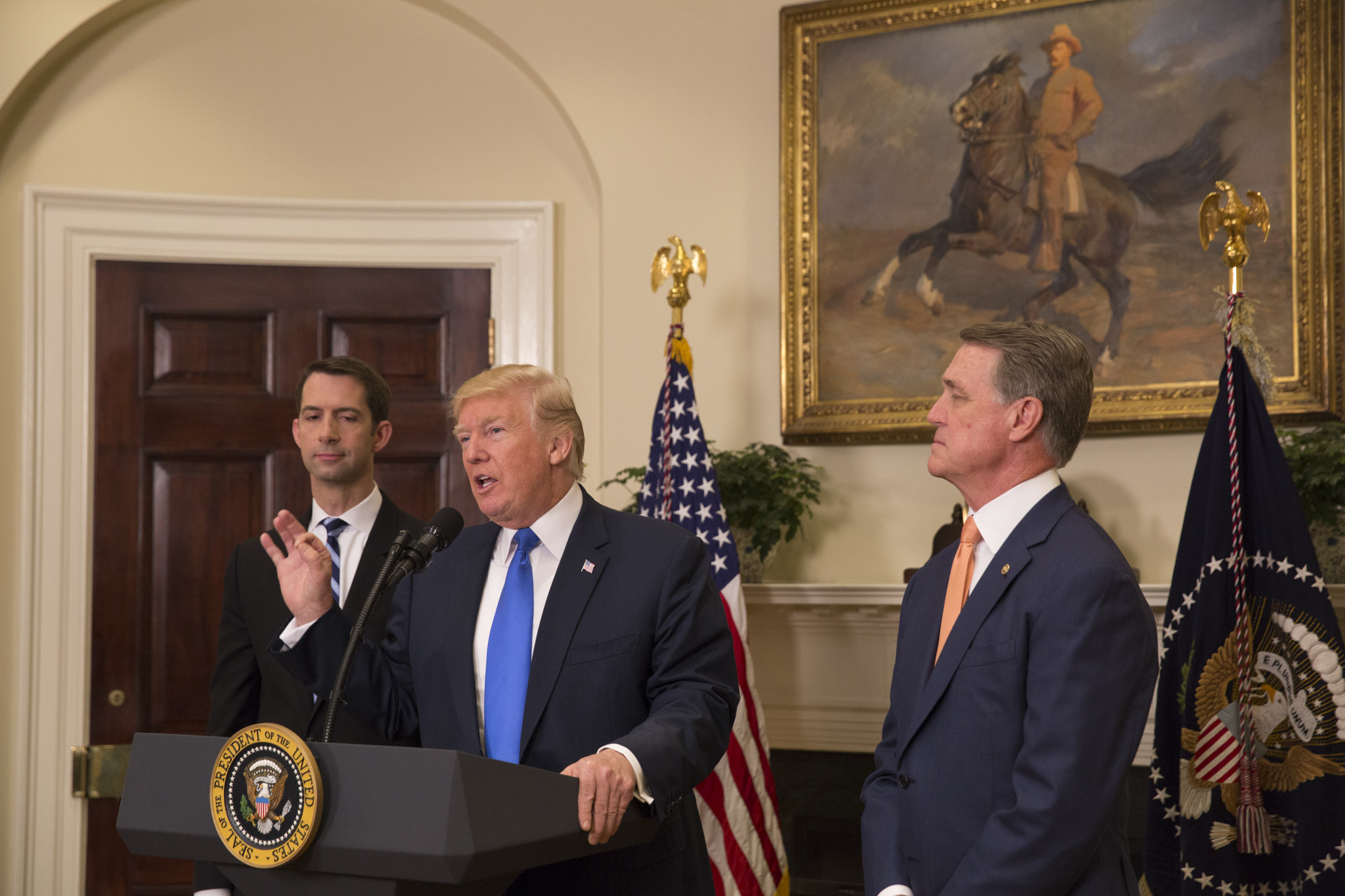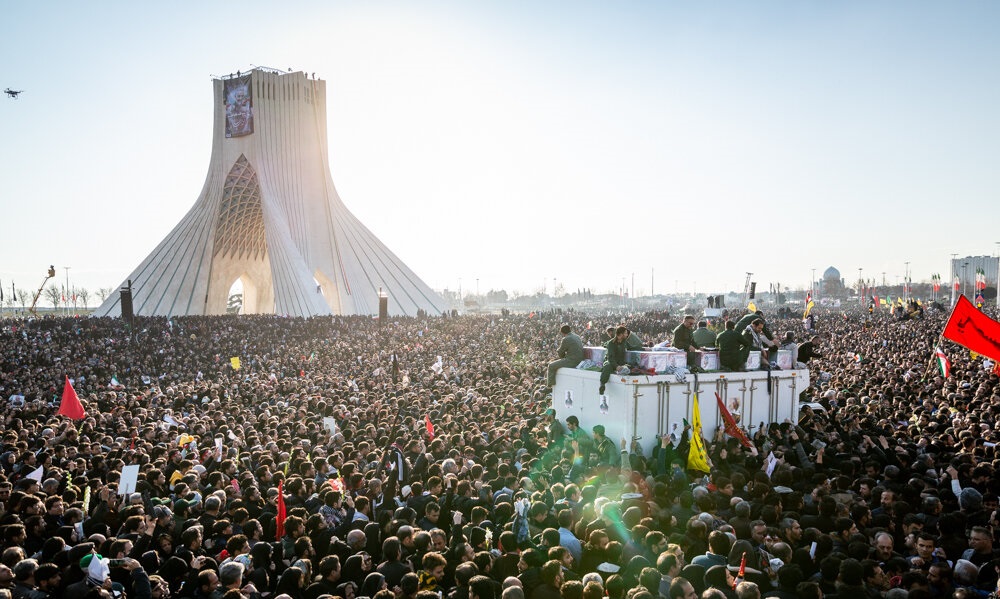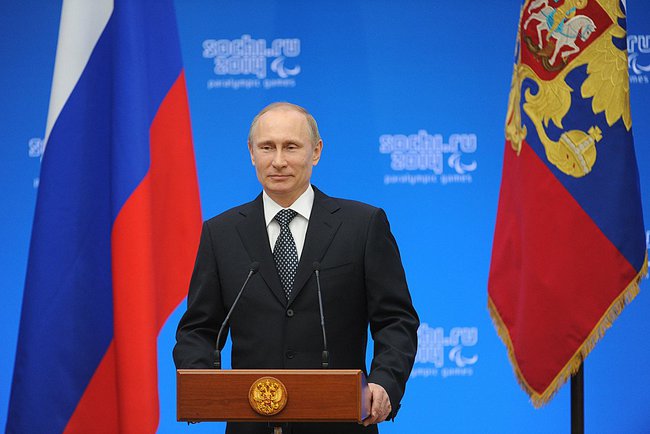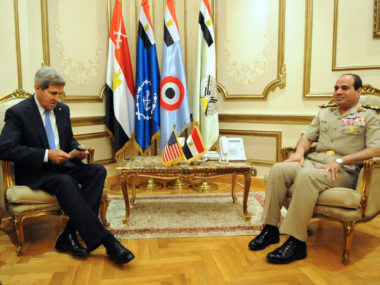By Deborah Avant for Denver Dialogues.
The blogosphere is awash with claims of how the Trump administration is undermining American power in the world. A recent post by Hal Brands in War on the Rocks sums them up well. Trump has moved away from a cooperative approach to dealing with other nations, ditched long-standing commitments to the free world in favor of a transactional approach, removed purpose from American power, stepped back from a leadership role, ignored steadiness and reliability, exhibited remarkable incompetence, snubbed soft power, and pledged to be unexceptional. Brands claims that all of these have eroded the particular nature of American power that served to boost its effect by gloving it in velvet. Ungloved, Brands claims, the US will be scarier and cause other nations to balance against it. Brands may be right, but other nations are not the only consequential actors in global politics.
A significant body of political science has focused on the diffusion of global power and authority, particularly since the end of the Cold War. More and more global governance is accomplished by transgovernmental networks of government bureaucrats, NGOs, and companies, as well as mayors, statehouses, and other sub-national actors. These global governors do not act alone but often coordinate their actions through a variety of transnational arrangements (multi-stakeholder initiatives, creative multilateral organizations, regime complexes, and others). David Kaye labeled this trend stealth multilateralism. Stealth multilateral initiatives can be found surrounding a wide range of issues: nuclear proliferations (the Proliferation Security Initiative), human rights (Voluntary Principles on Security and Human Rights), democracy (Community of Democracies), cyber governance (Global Network Initiative), private security governance (International Code of Conduct Association), climate change and more. They have been largely encouraged and supported by the US and have worked to enhance values the US has traditionally heralded.
In keeping with its approach to more formal governance, the Trump administration has also begun to pull away from these agreements. In the most dramatic move, he announced that the US would pull out of the Paris Agreement on Climate Change. Before that, Trump targeted American support for key elements of the Extractive Industry Transparency Initiative. Josh Rogin reported last week on another development that some of us have been watching for months: the leadership at the State Department has refused to decide on whether it will still host a major conference for the world’s democracies, as part of its leadership of the Community of Democracies.
An interesting feature of Rogin’s report is that non-governmental organizations (Open Society Foundations, Freedom House, and others) are continuing to plan their activities – including bringing hundreds of democracy activists to Washington no matter what the administration decides. This echoes recent action in the wake of Trump’s announcement on Paris. Michael Bloomberg argued that efforts to combat climate change would continue with or without Trump. And they have. Enormous numbers of cities, states, and businesses have pledged to continue and even increase their efforts on behalf of the agreement. California governor Jerry Brown unveiled a plan for a global climate change summit. And Bloomberg pledged $15 million to fill in for reductions in US financial support for the Paris Agreement.
Many of these stealth multilateral arrangements have been made stronger by US participation but they may not be reliant on the US. In many cases, such agreements create linkages between local action and transnational purpose in ways that do not require the input of the national government. These linkages allow US business, technology giants, and interested citizens – as well as cities and states – to contribute directly to governance initiatives no matter what the US national government does. The connection between US societal actors, some of them highly consequential, and initiatives with transnational purpose may open avenues for merely “working around” a weak and unpredictable US national government. As the new power politics includes not only nation states but a much broader array of actors, the dynamics of contention shift. Rather than balancing against an increasingly weak, unpredictable, and incompetent US national government, global actors interested in solving common problems – from governments to businesses and beyond – may simply choose to ignore it. They may placate Trump when they must and devote their real energy to interactions with the stronger, more predictable, competent, and reasonable Americans in business, civil society, and state and local government offices (as we learn more each day, these connections also link those interested in fomenting discord – in American politics and elsewhere – but that is a subject for another day).
International balancing and global “work arounds” are not mutually exclusive. Different mixes by different actors will likely surround different issue areas. Many working toward particular transnational goals are already looking toward the work around options. This may not always work, and some US action may make these agreements less effective (some worry that consideration of wacky plans for Afghanistan could weaken governance of private security). We would be wise to consider whether and how governance that works around the US can solve global problems, though, as well as how four years of global irrelevance will affect the capacity of US presidents in the future.







1 comment
I disagree. This piece could have been written a few years ago about the absence of U.S. leadership under Obama. What has changed under President Trump? The wars are the same. Military funding is up slightly. Most things are exactly the same with a few speeches that are inarticulate from our normal policy wonk speech that we are used to.
Strangely that says more about us than President Trump. The young people of America get what he is saying and how he is saying it.
Simple prediction, in four years we will have a NATO that works together more, pays more for it’s self defense (probably not the 2%) and is more effective at stopping a weakened Russia from soft take overs of its neighbors.
We will have regional powers in Asia (Japan, Australia, Singapore, Taiwan), The Mediterranean (NATO) and the Middle East (Israel, Saudi Arabia, Egypt) acting as partners to the U.S. They will not be acting as subjects. They will be taking up some of the leadership, manpower and equipment requirements for regional protection and stability. That allows the U.S. to have a smaller and well trained force that can add value to our partners and not just the umbrella of protection.
Trump? Hillary? George Bush? Obama? It doesn’t matter. The coming financial crunch of high U.S. debt and the fact that we can no longer just print money and call it debt will demand that the U.S. spend less on defense for the entire free world. That’s just the way it is and will continue to be. Trying to pretend otherwise or trying to pretend it’s President Trumps fault is just putting one’s head in the sand. These articles are a crying out that our life is changing and we don’t like it. As leader of the free world the changing tide of finance makes it imperative that we change the structure of the global commons. Think of it as a soft landing versus financial collapse. Regional wars versus a world war.